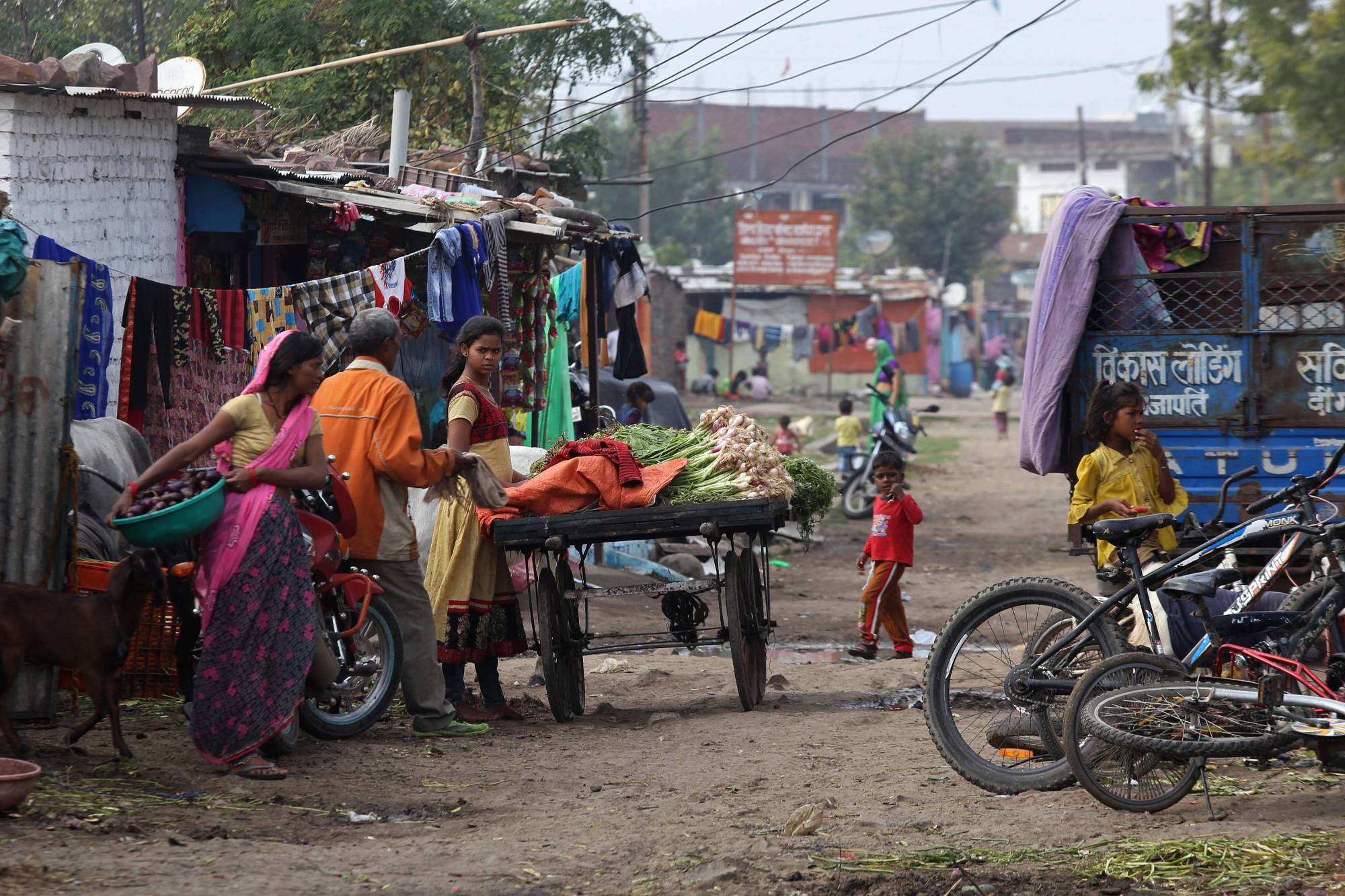Indumati Shivaraj's routine has been the same for more than a decade — at dawn she walks to her "master's" house, mucks out the cattle shed, cleans the tools and sweeps the yard. Four hours later, she walks home.
Besides a cup of tea each day, Shivaraj, 45, gets about 3,000 Indian rupees ($40) a year and a few sacks of grains for her labor.
She is among thousands of Dalits — considered India's lowest caste in an ancient social hierarchy — who work for little or no pay in the homes of upper-caste families in Karnataka state under a custom called "bitti chakri" that was recently outlawed.

















With your current subscription plan you can comment on stories. However, before writing your first comment, please create a display name in the Profile section of your subscriber account page.